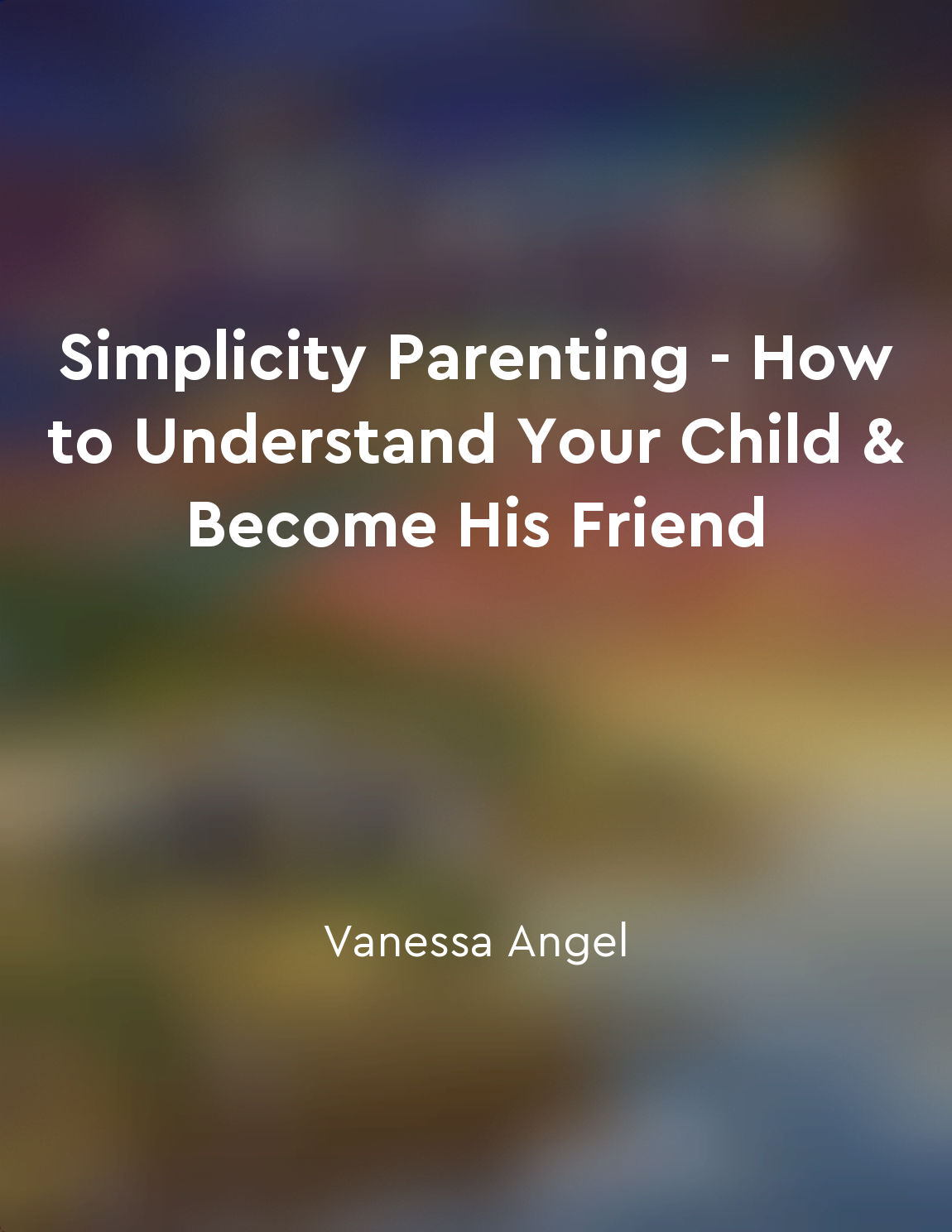Play is an essential part of Dutch culture from "summary" of The Happiest Kids in the World by Rina Mae Acosta,Michele Hutchison
In the Netherlands, play is not just an optional activity for children; it is considered a fundamental part of their upbringing. From a young age, Dutch children are encouraged to engage in unstructured play, allowing them the freedom to explore and develop their creativity. This emphasis on play is deeply ingrained in Dutch culture, with parents, educators, and policymakers all recognizing its importance in a child's development. One of the key reasons why play is so highly valued in the Netherlands is the belief that it helps children learn essential skills such as problem-solving, social interaction, and emotional regulation. By engaging in imaginative play, children are able to practice these skills in a safe and supportive environment, laying the foundation for future success in school and beyond. Another factor that con...Similar Posts

Create a peaceful home environment
Creating a peaceful home environment is essential for fostering a sense of security and harmony for both parents and children. ...
Ways to incorporate learning into daily routines
One of the best ways to help your preschooler learn and grow is by incorporating learning into your daily routines. By making l...
Drink coffee
In the grand scheme of things, most of us don’t actually need more time. What we need is a little energy boost, a little pick-m...
Embrace boredom as an opportunity for creativity
In our fast-paced, technology-driven world, boredom has become somewhat of a taboo. Parents often feel the need to constantly k...
Start with decluttering your child's environment
One of the fundamental principles of simplifying parenting is to first address the physical environment in which your child liv...
Trust and connection with children is crucial
Building trust and connection with our children is the cornerstone of effective parenting. When we establish a strong bond with...
